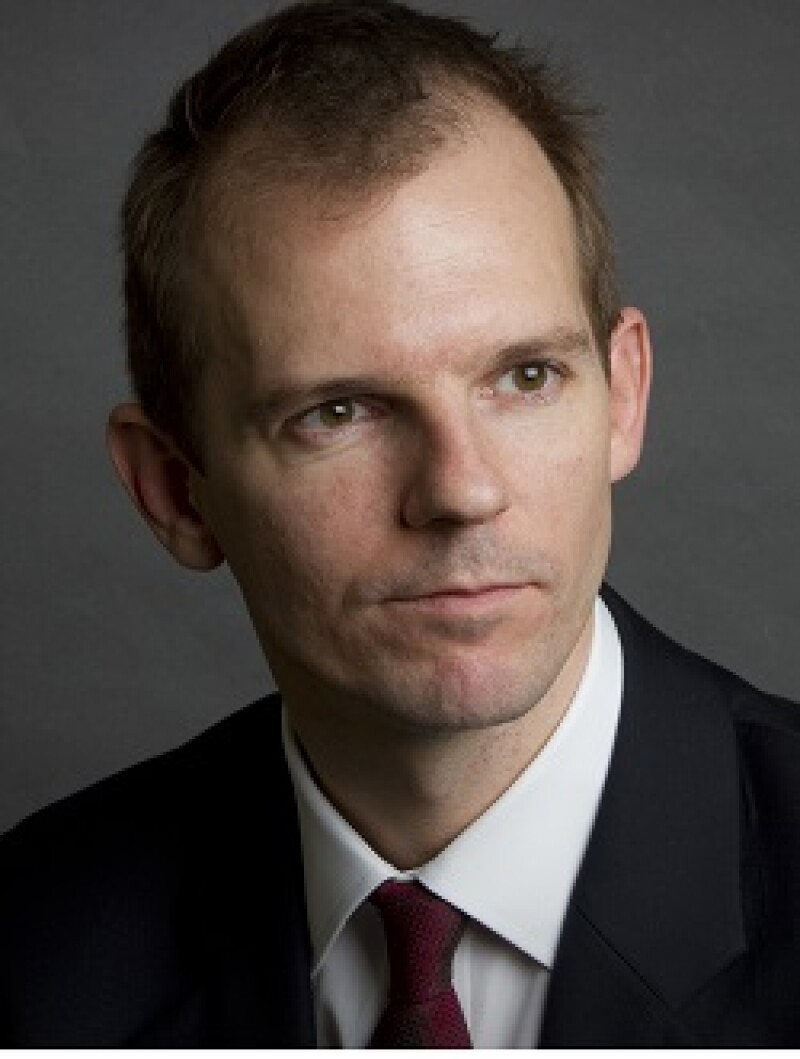
There has been quite a lot of chatter around UPC court fees recently, so it is worth looking at the rules and thinking about how they might play out. This week I want to speculate a little as to how the rules might translate into fee levels. Next week I will consider the implications of those fee levels, in particular on the choice of forum.
The relevant articles of the UPC Agreement are 36 and 37. The highly abridged version is that 1) "the budget of the Court shall be financed by the Court's own financial revenues … and balanced", with revenues comprising court fees and other revenues; and 2) "Court fees shall … consist of a fixed fee, combined with a value-based fee above a pre-defined ceiling [and] shall be fixed at such a level as to ensure a right balance between the principle of fair access to justice, in particular for small and medium-sized enterprises, micro-entities, natural persons, non-profit organisations, universities and public research organisations and an adequate contribution of the parties for the costs incurred by the Court. … Targeted support measures for small and medium-sized enterprises and micro entities may be considered."
A few questions spring to mind: what is the price of the "principle of fair access to justice"? What is an "adequate contribution of the parties for the costs incurred"? Does this balance apply to each case separately, meaning that a long drawn out case will incur multiple fees or does this provision simply reiterate the principle that the court is to be self-financing? Is the balance the same for an infringement action as for a revocation action?
The "right balance between the principle of fair access to justice … and an adequate contribution of the parties for the costs incurred by the Court" probably wouldn't result in self-financing levels of fees if one were to take the view that fair access to justice equates to minimal court fees. Perhaps the “balance” should be interpreted as “the contributions of the parties must at least cover the costs of the court, and anything above that break even must not offend the principle of fair access to justice”.
The important question
This leads us to the important question: what will the costs be? Can we make an estimate based on the numbers of judges, clerks, offices, IT, etc required? Presumably someone somewhere has, but it has not yet been shared with the general public. The nearest equivalent, to gauge what the cost of running a self-financing multicentre court might be, is an arbitration tribunal. We might surmise, therefore, that the UPC will need to charge fees approximately equating to those charged by an arbitration commission for an equivalent case. The aim of the UPC is explicitly not to run cases as they might be run by an arbitration commission: there will be no long hearings and timelines should be adhered to more rigorously. But there might be more interim applications and there will certainly be more referrals to the Court of Justice of the EU. If an arbitration involving substantial IP subject matter including a two-week hearing and a handful of interim hearings can cost between £300,000 and £400,000 (€416,000 to €555,000) in fees (based on our experience) then a typical UPC case with a one day hearing might cost £100,000.
Does the value of a case (ignoring, for the moment, the question of how to calculate the value of an injunction) necessarily correlate to the amount of work for the judges? There is probably a fair correlation in view of the cost/benefit of running extra arguments in high-value cases, but it is unlikely to be a direct correlation. Some low-value matters can take a disproportionate amount of time and in these instances the value-based fee system might not ensure the “adequate contribution of the parties for the costs incurred”. The corollary might be that the high value cases will be charged at a premium to subsidise the low-value cases, a situation exacerbated by the “targeted support measures for small and medium-sized enterprises and micro entities”.
How high will the high-value premium have to be? It is hard to predict, but I note that high court fees are hinted at on the UPC website where it comments "The costs of litigation in the UPC may, not necessarily always, but on some occasions supersede the costs incurred today for litigating in one single Contracting Member State". It does point out that "the fact that the UPC will have jurisdiction for a large group of EU Member States means that the expenses and bureaucracy of parallel litigation will disappear" but I suspect this will be small comfort for big business when companies are asked to cough up court fees running into the hundreds of thousands of euros to subsidise micro-entity injunction applications.
Tom Carver is a director in the IP department at Wragge Lawrence Graham & Co










